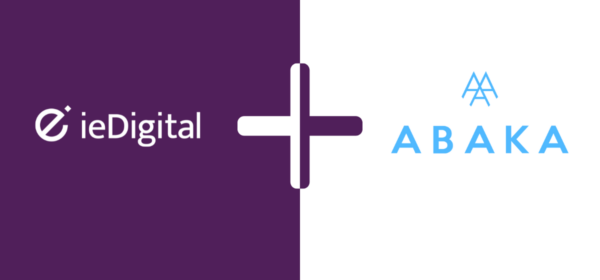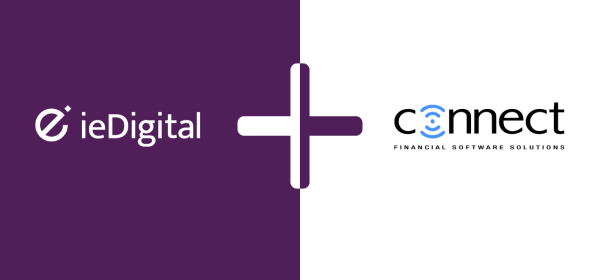Author: Randolph McFarlane
If you think digital already encompasses our whole lifestyle, there’s a lot more to come. As dawn breaks on the era of total connectivity, what role could contextual banking play in our lives?
From our always-connected smartphones to our increasingly intelligent digital personal assistants, from social media to apps and alerts, Digital now plays a vital role in keeping us informed, managing our lives, and reminding us of what we need to do.
[bctt tweet=”Digital plays a vital role in keeping us informed and reminding us of what we need to do” username=”IntelEnviro”]
Banks have come to a crossroads. They have a choice. They could either immerse themselves in our digital lifestyles and become an even more vital and integral part of our lives, or continue to deliver just the core banking functionality we currently expect of them.
What would that mean?
Immersed in your digital life, your bank would become more of an advisor. It would help you to take better control of your finances and maximise the value you get from the funds available to you.
Imagine walking down the street and your banking advisor pops up and says, “Hey there. Have you seen the latest deal that this mobile company is offering on data? You’ve been using a lot of data lately so switching to them could save you £20 a month. Do you want me to find out more?”
Or before you reach the checkout in a store it might pop over and remind you, “Don’t forget you’ve got that £45 standing order going out in a couple of days. Have you got enough funds to cover that and the things you’re buying today?”
Or if you were looking to buy a house and came across an estate you liked the look of, you could ask it, “Could I afford to buy a house around here?” It might respond, “A three-bedroom semi would be in your price range. I’ll find out some more info about the neighbourhood for you” and it would go and grab information about the schools, crime rates, transport and other things that it knows you would be interested in.
As well as providing you with alerts and information, you might one day decide to give a more intelligent app permission to act automatically in certain situations – to transfer some funds from a savings account to a current account to stop it from going into the red, for instance.
How would it work?
We’ve talked as if someone from your bank was always there beside you, ready to answer any question you pose.
That is actually how it would work – well… sort of. Think of it as an intelligent digital finance app rather than a person. It’s always on, always with you, always waiting to help you.
That intelligent app would not only be voice enabled; it would use modern technologies like image recognition, natural language processing, artificial intelligence and machine learning to understand the world around you, make sense of what you ask it, continue a conversation, and learn about you, your needs and your behaviours.
It would ‘mash up’ information from a wide variety of sources to serve you. That might include information from your mobile to discover location, information from the web about offers or prices, information from your bank about your financial status, and even information from social media, Google and other internet sites to better understand you. You could also add to that information within text messages, coming over via Bluetooth or within an app on your mobile.
This is something we might call ‘contextual banking’: banking that provides you with the services you need in the moment you need them. Contextual banking might take into account where you are, what the weather is like, what state your finances are in, and even your own personal likes and dislikes as it engages with you.
Why?
[bctt tweet=”Banks to adopt contextual banking to meet the demands of the younger generations” username=”IntelEnviro”]
Secondly, it would help banks to gain a better understanding of their customers so they could deliver the more personalised services expected today, while also targeting products at the right customers.
Lastly, it would assist banks in helping their customers to keep their finances fit and healthy. Banks would have more influence over their customers, guiding them down the path to financial stability.
With digital now clearly a big – and growing – part of our everyday lives, are you looking at how to create genuine differentiation for your bank?













